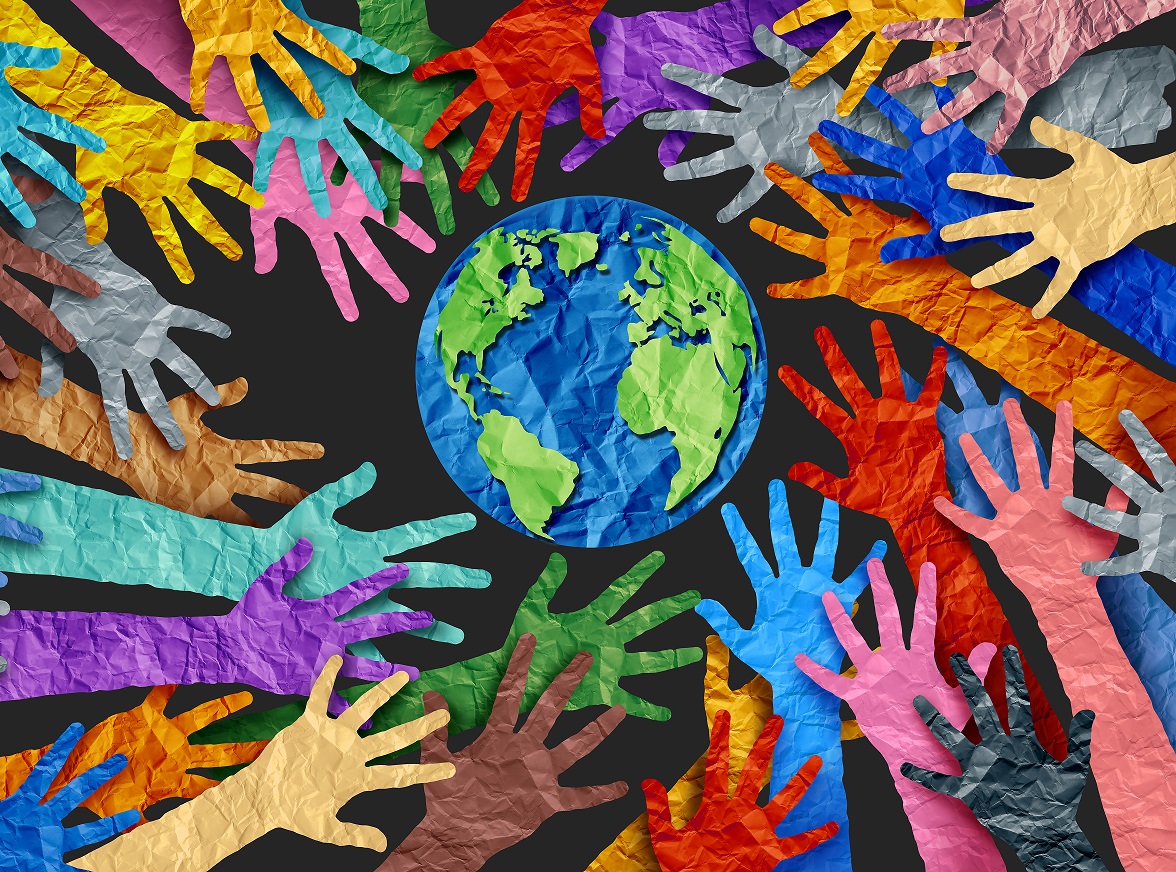The Conservation Solutions Lab (CSL) participated in the Integrative Conservation Conference (ICC), held from February 3-5 and hosted by the University of Georgia. The conference centered around decolonizing conservation research and called for racial and environmental justice. With over 50 presentations, workshops, a discussion, and a charette addressing socio-environmental issues, the aim was to promote productive conservation and innovate progression towards adaptive and transformative conservation design and practice. The CSL emphasizes community engagement in conservation and has introduced a sub-thematic focus area that includes Indigenous Rights, Indigenous Knowledge, and co-management.
CBO’s Program Lead for Actionable Science, Candice Carr Kelman, presented a talk on how scientists engage with communities to promote workable science. Her talk, Levels of engagement: Toward co-production in conservation science, synthesizes interviews with 71 conservation scientists and professionals who partook in one of three fellowship programs centering around leadership and the production of actionable conservation work.
16 practices found were used by these professionals to produce more actionable science. These practices were categorized into 3 areas: motivations, strategies, and tactics. Further, Kelman and team were able to address 5 approaches to actionable science in conservation, which were placed in a hierarchy based upon the complexity of engagement, the potential to support actionable science, and proximity to ideal co-production with knowledge users.
